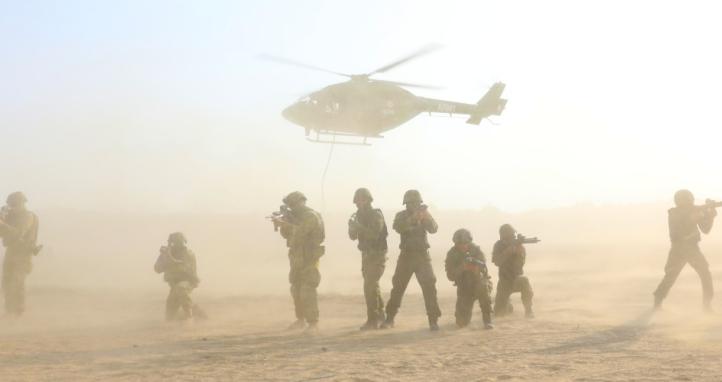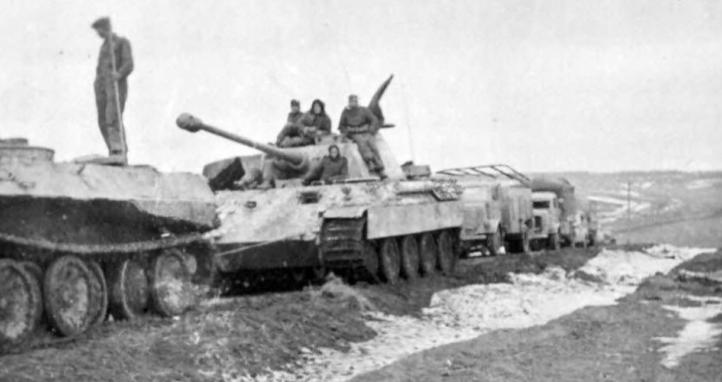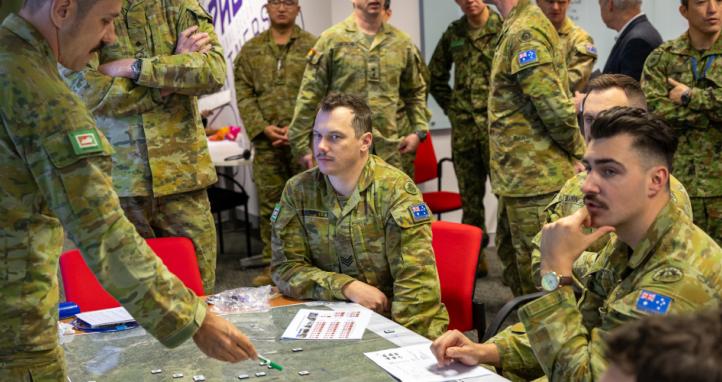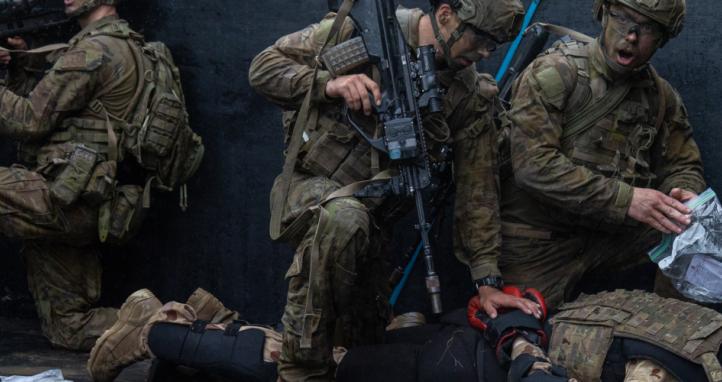The purpose of this article is to outline a strategy designed to train, advise and assist the mission in our neighbouring state of the Philippines. This article will include focal points of the mission and potential issues that may be encountered during this role. In order for an Australian force to effectively engage and support the Philippine armed forces in a train, advise and assist mission, it is critical for a clear legal and instructional framework to be established; and for clear goals to be set. Without first observing Philippine forces training and identifying shortfalls, it would be difficult to provide detailed and effective training. For strong guidelines and effective training to be set in place, a bond must be created between Australian and Philippine troops through shared experiences, physical training, weapon familiarisation and activities before the instructing/advisory role can commence. This approach would open communications and develop mutual respect, leading to a positive relationship between our forces. With Australia described by ISIS as ‘the guard dog of the south-east Asian region’ and with their influence spreading throughout this area, the relationship could be more important than ever. To assist in constructing a training program for Philippine forces, it would be critical to utilize the skills and experiences gained by Australian soldiers deployed to the Middle East on Task Group TAJI. This previous experience could prove integral and provide the base framework and structured training for organising this mission in the Philippines. As opposed to starting a training regime from scratch, commanders could utilize the TAJI framework and mould it to best fit the requirements and shortfalls of the Philippine forces. The soldiers from TAJI have a strong understanding of the requirements of this type of international engagement and the difficulties that they could face in this role. It may prove vital to have such soldiers involved as they will have the experience to overcome the hurdles that may be presented. Australia has already deployed RAAF Orion observation aircraft to the region, supporting the Philippines in their conflict with Islamic State – Philippines (IS-P). Training Philippine forces would significantly bolster Philippine military strength and likely see considerable progress in combating IS-P.
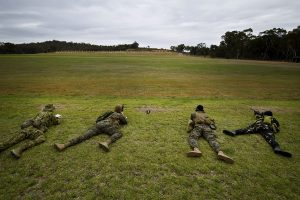
One of the main focuses of this Australian task group would be to share our combat shooting and urban combat skill sets and standard operating procedures. These skill sets are significant because being a jungle focused environment; it is likely that the Philippine forces will not have the same urban skills and techniques that Australia can provide. The newly formed ADF combat shooting cell and advanced combat training centre has pushed this high level of urban combat skills across the ADF, meaning that many ADF members would be able to effectively demonstrate and pass this information onto friendly forces. Jungle based combat would be less of a priority for the ADF to teach, as the Philippines live and train in this environment far more than ADF troops. This means that we could train our urban knowledge and in turn receive jungle training from our counterparts. Urban combat would prove to be an invaluable skill when we look at IS-P fighting in Philippine cities such as Marawi. Holding and defending heavily populated urban clusters and large cities, meaning that if taught, urban skills such as method of entry, room combat, complex urban and small team drills could be the difference between life and death for many Philippine soldiers.
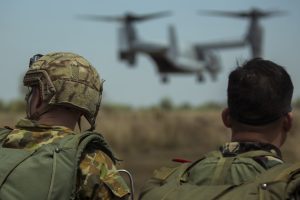
One of the key problems that may be encountered in a mission like this is the language barrier, limiting the amount of training and knowledge that we can pass on. Effective and clear communication is required in order to convey effective training and for the friendly force to understand. The acquisition of translators is vital for the success of this mission, not only for training aspects but also for creating a bond between our nations. The difficulty of a language barrier is obvious in all overseas engagements as shown on Ex Olgetta Warrior, where members of B Coy, 1MP Bn instructed on the Papua New Guinea Military Police basic course. During the conduct of this training, time and time again, meanings would not be conveyed correctly and the Australian teachers had to rely on broken English from class members to pass on to their comrades, resulting in less effective training. It is important to look at other training based missions to learn, evaluate and guide our future missions. Olgetta Warrior has led to positive relations between Australia and Papua New Guinea, resulting in soldier exchanges and shared training. This is similar to what should be aimed for with the Philippine forces. Training and advising a foreign force is not a new concept. We can look towards our previous deployment experiences and use this to guide and shape how we can conduct these roles in the Philippines most effectively. While this role may not be exactly unique, the context and geographical area of this mission is. This mission provides Australia the opportunity to open a new and powerful relationship with the Philippines and strengthen the resolve and influence that Australia has throughout the region. With the use of interpreters, experts on urban combat and effective instruction, Australia could assist the Philippine forces and make a positive difference to the region.






